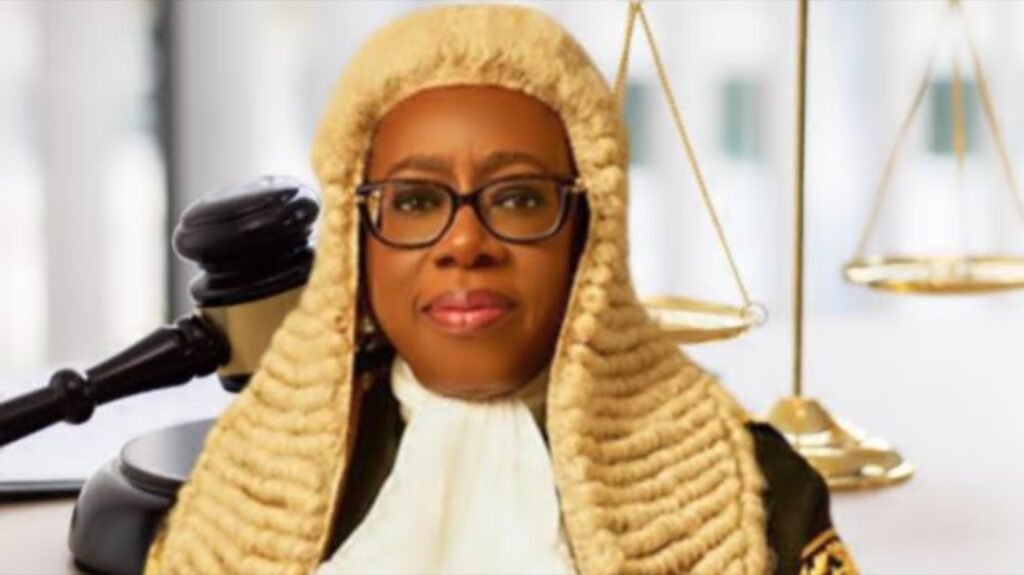The widespread outcry and concerns over the deep-rooted corruption in the judiciary highlight the significant challenges facing the new Chief Justice of Nigeria, Kudirat Kekere-Ekun. Sworn in by President Bola Tinubu on August 23 as the 23rd CJN, Kekere-Ekun inherits a judiciary in dire need of reform. To ensure a successful tenure and build a legacy of a credible justice system, she must tackle the corruption within the judiciary head-on.
For Kekere-Ekun to excel, the judiciary’s independence, along with its core principles, must be upheld. Unfortunately, this has been a daunting task, as the judiciary has become compromised, with low public trust and accusations of state capture. Nepotism in the appointment of judges is rampant, with the previous CJN, Olukayode Ariwoola, and the Chief Judge of the FCT High Court, Hussein Yusuf, recently accused of appointing relatives as judges.
The judiciary’s credibility has been further damaged by instances of political interference. Retired Supreme Court Justice Amina Augie revealed that politicians strategically place their allies in the judiciary to secure favorable rulings. This is evident in cases where political influence has tainted judicial decisions.
Kekere-Ekun must introduce comprehensive reforms to restore the judiciary’s integrity. This includes instilling ethical standards among judicial officers, leveraging technology for better practices, and ensuring discipline and accountability. The National Judicial Council’s integrity should be strengthened by reducing the CJN’s influence in appointments, making the process merit-based.
To combat corruption, pending controversial cases must be thoroughly investigated, and corrupt judges held accountable. Controversial judgments should be revisited to uphold justice and maintain judicial integrity.
Kekere-Ekun cannot accomplish these reforms alone; the National Assembly must also act to review laws that undermine the judiciary’s independence, including transferring the appointment of the CJN to an independent body.







